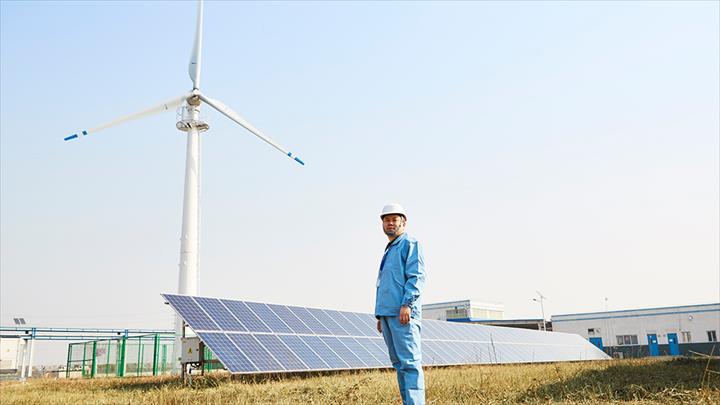CSR Report: HUL spent 116 crore rupees on corporate social responsibility annually
Related Articles
Truth about Dry Day in Maharashtra: होली और मोहर्रम पर शराबबंदी खत्म नहीं, अफवाहों पर सरकार का साफ जवाब
होली, मोहर्रम और गांधी जयंती पर Dry Day खत्म होने की खबरों के बीच महाराष्ट्र सरकार ने बड़ा स्पष्टीकरण दिया है। सोशल मीडिया पर...
कानपुर सेंट्रल स्टेशन पर रेल नीर की जगह दूसरे ब्रांड का पानी बेचने वालों पर रेलवे की बड़ी कार्रवाई
कानपुर सेंट्रल स्टेशन पर रेलवे ने एक बड़ा अभियान चलाकर अनधिकृत पैकेज्ड पानी की करीब 600 बोतलें जब्त की हैं। यह कार्रवाई यात्रियों को...
NCL को मिला सम्मान, CSR में देशभर में बढ़ाया सिंगरौली का मान
सिंगरौली स्थित Coal India Limited की प्रमुख सहायक कंपनी NCL ने एक बार फिर देशभर में अपनी अलग पहचान बना ली है। NCL को...


